
The Gospel of Mark: An Introduction & Resources
The Introduction
I still remember when I first did family devotions every Thursday night at dinner.
I would love to tell you that when we first started they were gentle, sweet, and quiet little angels who sat there, smiled, ate their peas, and then afterward, broke out in a stunning rendition of the classic hymn, "The Solid Rock".
Instead, when I announced what we were doing, it took our family a whole twenty minutes to get calmed down. The eye rolling. The sighing. The rejection. The adamant declarations of boredom. The gnashing of teeth. I wasn't offended by the reaction but I did have to wait until they settled down.
On that, I bust out with Mark 1:1. From that little verse, we discuss some very basic concepts and ideas. We wrestle with the deep things of God. After the end of the devotion, one of my sons remarked, "That's all? Man, I could have gone back to playing a long time ago!"
The next week, they all reminded each other, "Shhhh, guys! Remember, this will only take five minutes if we are quiet."
The point of that is the old cliché: "There nothing to it but to do it." Forget what your kids might think about you. You know what Christ has commissioned you and me to do: proclaim the gospel to the ends of the earth.
I intentionally picked Mark's Gospel to kick off our very first family devotion for two reasons. One, I tend to default teaching the Bible expositorily (explaining the text as you go through the Word) rather than topically. Two, Mark's Gospel is the best book to show what Christ has done for us and I thought showing what Christ has done for us and more precisely, what Christ has done in us would be more tangible with the minds of our young kids.
I have written these devotions before with just the text and some starter questions to get to the discussion started.
As for leading your family through devotions, don't think of outright preaching and teaching. Instead, we want to generate discussion. Do not worry about being able to teach. Instead, pray, read the text and think of good questions to spark conversations. In my experience, our best devotions are always the ones that are driven to the finish by the kids and not by me. God through his Word provides the topics. Me? I simply read the Bible and ask the questions. How easy is that?
"I sometimes wonder, my dear friends, if one of the questions—if one of the first questions—God would ask me at the day of judgment, as He assesses my life, is not going to be, ‘How well did you preach?’ but ‘What kind of father were you?’ ‘How faithful were you to the charges I gave you?’. That’s your first ministry, isn’t it? Not to be using your gifts here and there, in the church, here and there. Thank God that you do. But if you do that at the expense of your children’s spiritual well-being, you need to be absolutely convinced in your soul that you can do no other than leave your husband, wife, or children, ‘for the sake of the gospel’.”
Sinclair Ferguson. What Kind of Instrument Are You (in Relationship to Young People)?. (formerly Sin: A Dominion Ended: Romans). Audio.
The Resources
It Goes Without Say

 Christian Standard Bible
Christian Standard Bible
Holmon Publishing. 2020.
Goodreads
Many times, many teachers, preachers, and small group leaders (myself included) will "cut straight to the chase" and engage the commentary instead of engaging the Word of God. Remember, the commentaries are not without error—they are the observations of the author.
Slow down, pray, read, chew and meditate.
Note: I use the Christian Standard Bible version on this blog default. Other translations, such as the ESV or the NIV1984, will be noted as such.
 ESV Reformation Study Bible
ESV Reformation Study Bible
Commentary & Edited by R.C. Sproul.
Ligonier Ministries. March 16, 2015.
Goodreads
I don't have much to say except this: if I was restricted to one Study Bible, this would be the one. Even if they never make one for the CSB. That is how much I love R.C. Sproul's notes--they will always refer back to historical creeds and confessions.
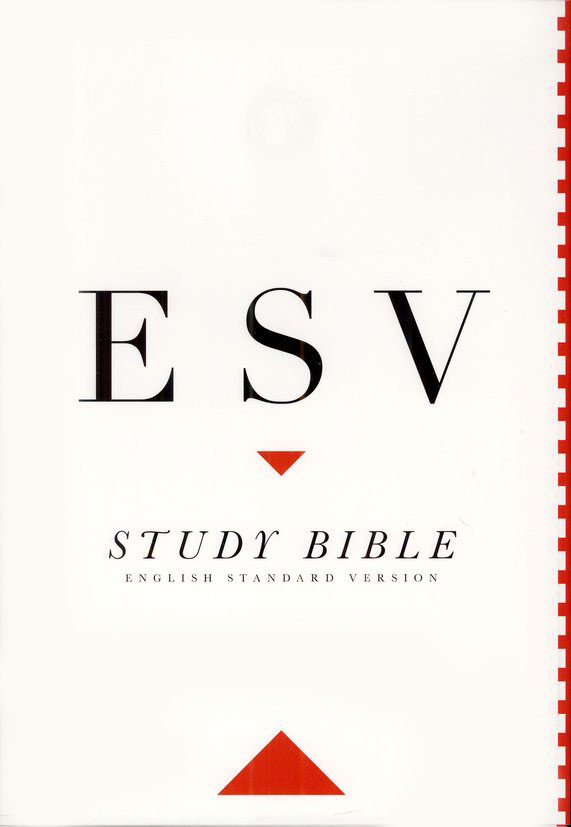 ESV Study Bible
ESV Study Bible
Crossway. 2016.
Goodreads
Incredible resource.
![]() If I had to pick just one format (hardcover vs. leather vs. paperback vs. digital), I use it way more in my Olive Tree Study Bible than anything else.
If I had to pick just one format (hardcover vs. leather vs. paperback vs. digital), I use it way more in my Olive Tree Study Bible than anything else.
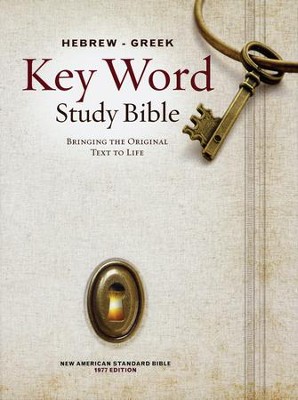 Hebrew Greek Key Word Study Bible.
Hebrew Greek Key Word Study Bible.
New American Standard Bible 1977.
AMG International. 2008.
Goodreads
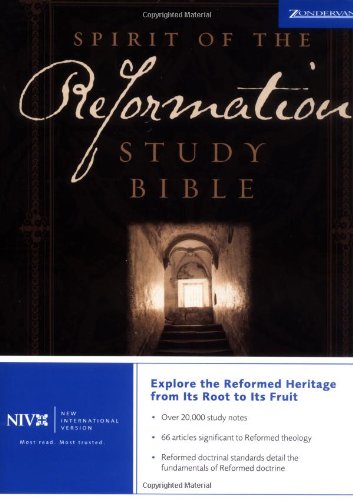 Spirit of the Reformation Study Bible.
Spirit of the Reformation Study Bible.
NIV 1984.
Zondervan. 2003.
Goodreads
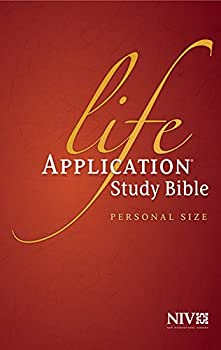 Life Application Study Bible.
Life Application Study Bible.
NIV 2011.
Zondervan. 2011.
Goodreads
Commentaries
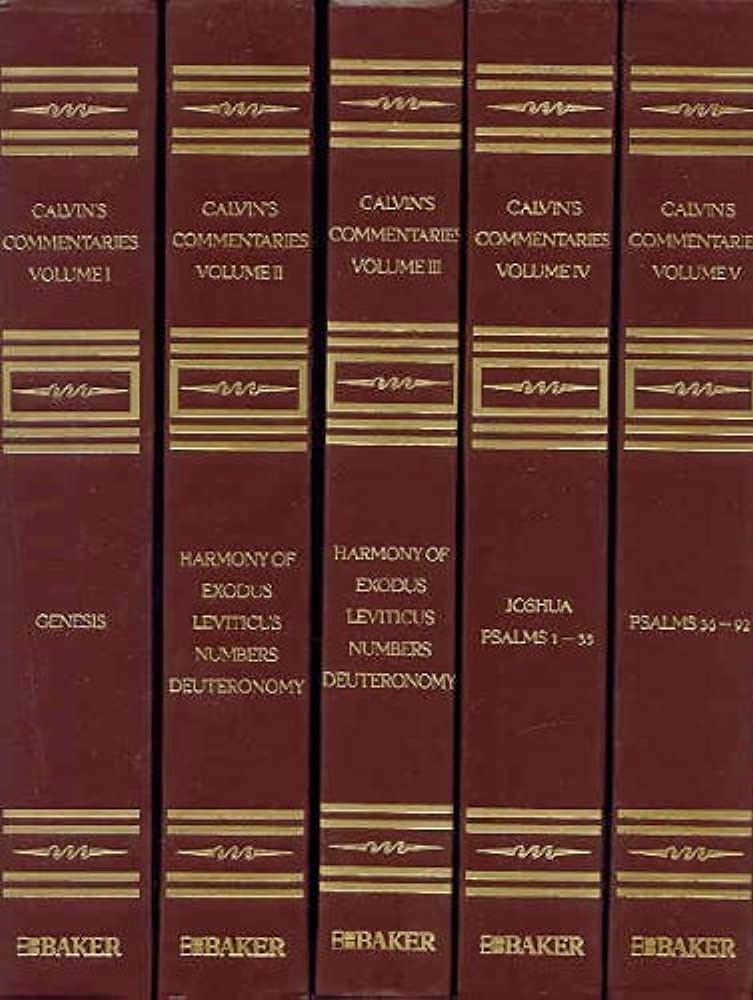 Calvin's Commentaries.
Calvin's Commentaries.
by John Calvin.
Baker. 2009.
Olive Tree
![]() I mention this because in my go-to mobile Bible Study App, Olive Tree, Calvin's Commentaries are my go-to Commentary text of choice when I need clarification on the go. You can get the entire digital set for your phone (and computer) for about $40 from Olive Tree.
I mention this because in my go-to mobile Bible Study App, Olive Tree, Calvin's Commentaries are my go-to Commentary text of choice when I need clarification on the go. You can get the entire digital set for your phone (and computer) for about $40 from Olive Tree.
 Mark: An Expositional Commentary
Mark: An Expositional Commentary
by R.C. Sproul.
Reformation Trust Publisher. 2011.
Goodreads
If you had to get just one commentary series to collect, get this one. There are just seven in the series with Luke was just released.
Easily read cover-to-cover.
Note: I noticed that the latest editions from Sproul's set since the Luke release are no longer part of the St. Andrew's Expositional Set that started with Mark, John, Romans, Matthew, 1 & 2 Peter, and Acts. I don't know why they drop the set name but since the passing of Dr. Sproul, it kind of makes sense. These commentaries are really a collection of Sproul's sermons put into book form, which is way easier said than done. Sermons are meant to be primarily preached audibly. To get them to be read in a book form takes an editor worth their chops along with the preacher to make sure everything is super clear in written form. -Ed.
 New Testament Commentary: Exposition of the Gospel According to Mark
New Testament Commentary: Exposition of the Gospel According to Mark
by William Hendriksen.
Baker. 1981.
Goodreads
Sheer luck (aka sheer blessing from God) that I ran into a small incomplete set of Hendriksen's Commentaries at my local Half Priced Books. I have never heard of this guy and the only facts I could find out about him was from Wikipedia.
From the article:
In his influential work Israel and Prophecy, written a year after the 1967 war, and still in print, Hendriksen criticized the view, held by dispensationalists and Christian Zionists, that the Bible prophesies the return and restoration of the Jews to the land of Israel.1 Dispensationalist pastor Barry Horner describes Hendriksen's work as "a classic representation of replacement theology".2
Make no bones about it: it grieves me to the core that Dispensationalism is the auto-default eschatology of too many American Evangelical churches--including every single church I have ever attended in my life with the exception of the church I attend now. It saddens and frustrates me that I was born into a church that automatically taught a doctrine that was born within the 20th century. But, as with anything, theology and doctrine are to be taught and never assumed.
That said, that one little blurb in Wikipedia and knowing there was one (1) pastor who bucked against Rapture theology, William Hendriksen forever became 'my boy'.
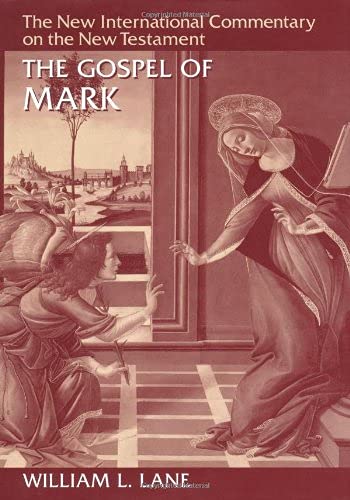 The Gospel according to Mark: The English Text With Introduction, Exposition, and Notes (The New International Commentary on the New Testament)
The Gospel according to Mark: The English Text With Introduction, Exposition, and Notes (The New International Commentary on the New Testament)
by William L. Lane.
Eerdman's. 1974.
Goodreads
Incredible thorough and wonderfully written, Dr. Lane walks the reader masterfully through not only the Gospel but the perspective of the writer, John-Mark.
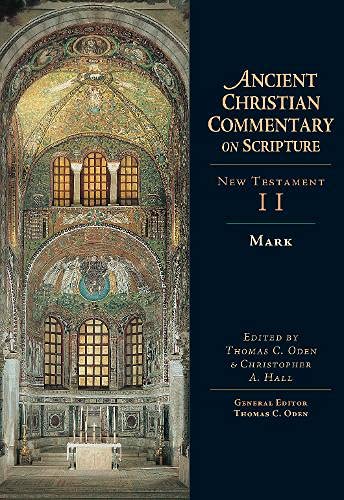 Mark (Ancient Christian Commentary on Scripture, NT Volume 2)
Mark (Ancient Christian Commentary on Scripture, NT Volume 2)
Edited by Thomas C. Odin & Christopher A. Hall
IVP Academic. 2005.
Goodreads
I think this entire series is an excellent resource to have on hand if you can pony up the scratch. It's all fine and good to read guys from within the last few centuries. But how about reading commentary from within the first few centuries after the ascension of Christ. You ain't going to read anything shockingly new. But what you are going realize there is absolutely new under the sun and Jesus Christ the same yesterday, today, and tomorrow.
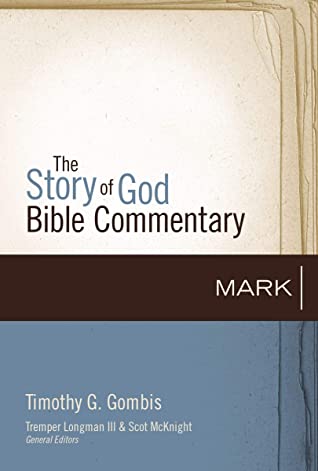 Mark (The Story of God Bible Commentary Series)
Mark (The Story of God Bible Commentary Series)
by Timothy G. Gombis.
Zondervan Academic. March 9th 2021.
Goodreads
Hendriksen, William (2007). Israel in prophecy. London: Wakeman, (Originally published by Baker Book House in 1968). p. 16. 2: Horner, Barry (15 January 2015). "The Reformed Eschatology of William Hendriksen" (PDF). Future Israel website. Archived from the original (PDF) on 8 March 2015. Retrieved 8 March 2015